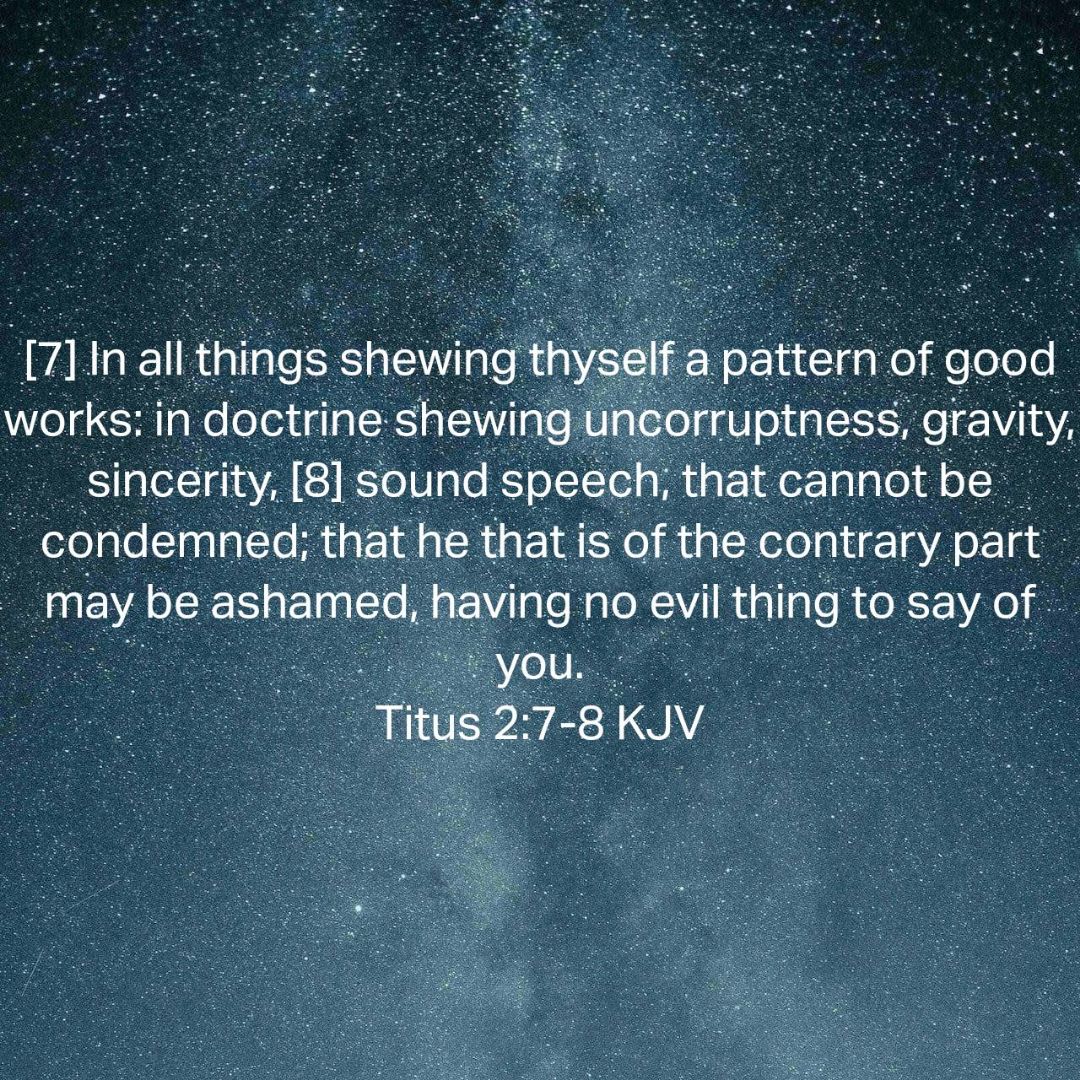Commentary on Jude 1:14 (NIV)
Verse Context:Jude 1:14 is part of a letter written by Jude, addressing false teachers and their immoral behavior. He references Enoch, a figure from Jewish tradition, to emphasize the certainty of divine judgment against these individuals. Enoch’s Prophecy:Jude refers to Enoch as “the seventh from Adam,” highlighting his ancient and significant lineage. This Enoch is … Read more



